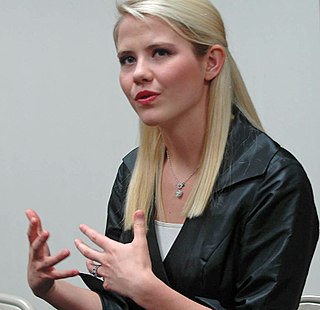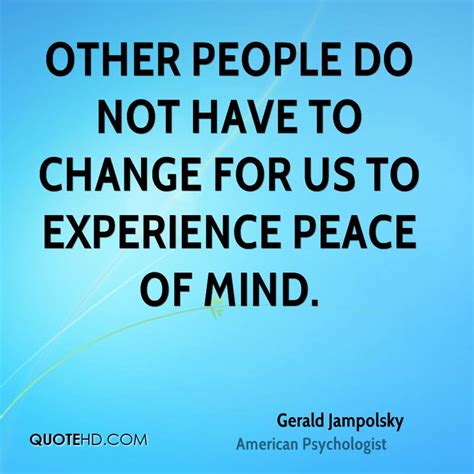A Quote by Catherynne M. Valente
For there are two kinds of forgiveness in the world: the one you practice because everything really is all right, and what went before is mended. The other kind of forgiveness you practice because someone needs desperately to be forgiven, or because you need just as badly to forgive them, for a heart can grab hold of old wounds and go sour as milk over them.
Related Quotes
If a person has done wrong, is conscious of what he has done and does not say sorry, I ask God to take him into account. I forgive him, but he does not receive that forgiveness, he is closed to forgiveness. We must forgive, because we were all forgiven. It is another thing to receive that forgiveness.
Forgiveness is not a moral issue.
It is an energy dynamic...
Forgiveness means that you do not carry the baggage of an experience.
When you choose not to forgive,
the experience that you do not forgive sticks with you.
When you choose not to forgive,
it is like agreeing to wear dark, gruesome sunglasses that distort everything,
and it is you who are forced every day
to look at life through those contaminated lenses
because you have chosen to keep them.
There are two kinds of love: we love wise and kind and beautiful people because we need them, but we love (or try to love) stupid and disagreeable people because they need us. This second kind is the more divine because that is how God loves us: not because we are lovable but because He is love, not because He needs to receive but He delights to give.
Forgiveness does not mean that we suppress anger; forgiveness means that we have asked for a miracle: the ability to see through mistakes that someone has made to the truth that lies in all of our hearts. Forgiveness is not always easy. At times, it feels more painful than the wound we suffered, to forgive the one that inflicted it. And yet, there is no peace without forgiveness. Attack thoughts towards others are attack thoughts towards ourselves. The first step in forgiveness is the willingness to forgive.
It's forgiveness that makes us what we are. Without forgiveness, our species would've annihilated itself in endless retributions. Without forgiveness, there would be no history. Without that hope, there would be no art, for every work of art is in some way an act of forgiveness. Without that dream, there would be no love, for every act of love is in some way a promise to forgive. We live on because we can love, and we love because we can forgive.
When people are dying, they call their old enemies and try to forgive them and try to be forgiven by them. They call their old friends and affirm their love for them, as well as detach themselves from them, and they try to get into as free a space as they can so they're really ready to go. They give away all their possessions and are as generous as possible. They give up old hatreds and grudges, and that's a wise intuitive thing, because it's much freer to live like that.
The saved sinner is prostrate in adoration, lost in wonder and praise. He knows repentance is not what we do in order to earn forgiveness; it is what we do because we have been forgiven. It serves as an expression of gratitude rather than an effort to earn forgiveness. Thus the sequence of forgiveness and then repentance, rather than repentance and then forgiveness, is crucial for understanding the gospel of grace.




































